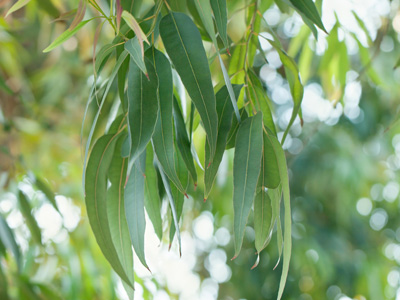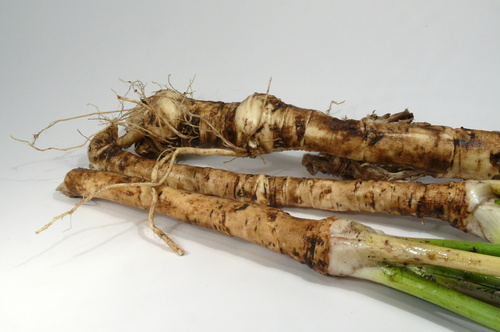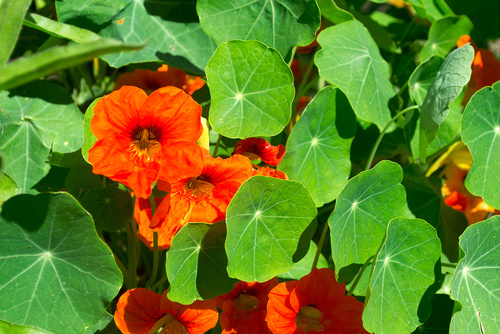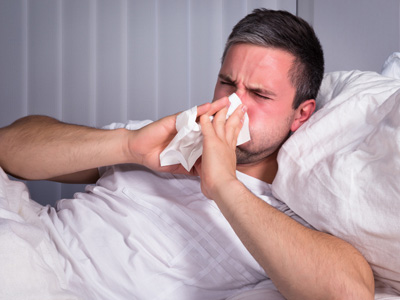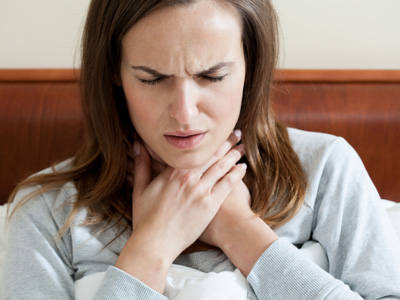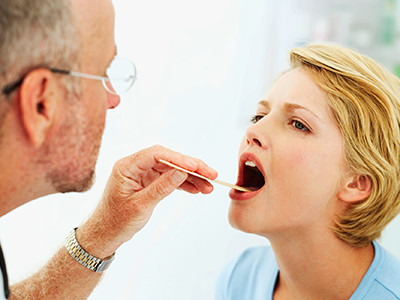Cineol, myrtle, as well as BNO-101 and BNO 1016 and combinations composed of five plant extracts (gentian, cowslip, sorrel, elder and vervain) were also found to alleviate the symptoms of acute viral rhinosinusitis in clinical studies compared to placebo. In a myrtle study on patients with acute sinusitis, the patients in the myrtle group recovered faster than those in the placebo group [76].
A comparative trial showed no significant differences between BNO-101 and N-acetylcysteine. The authors certify that the substance has a favorable risk-benefit relationship comparable to the placebo with regard to the incidence of undesirable effects. Attention should be paid to the fact that the onset of the effect only occurs after four to seven days. With BNO 1016, patients with acute rhinosinusitis showed an improvement in symptom score two days earlier than placebo patients [77].
The data for drug products containing Echinacea are inconsistent and its application is therefore currently not recommended.
Recommendations in the phytomedicines field are generally difficult, due to the different compositions and the extremely non-uniform study population. The practical experience with phytopharmaceuticals is predominately good to excellent, however, so that their use for symptom control is recommended.
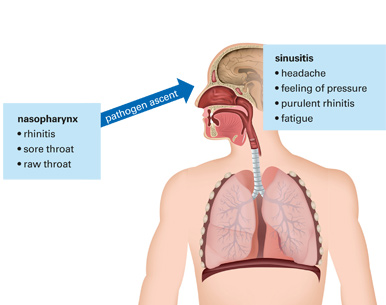
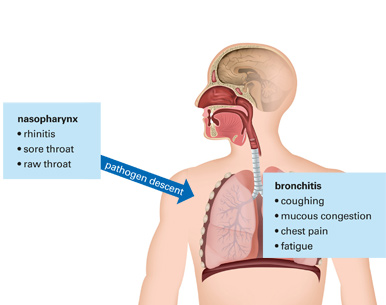
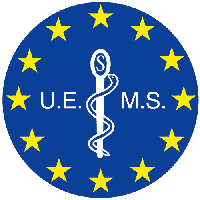
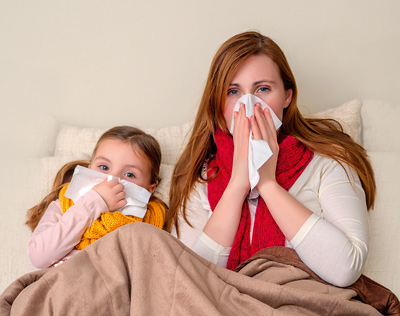


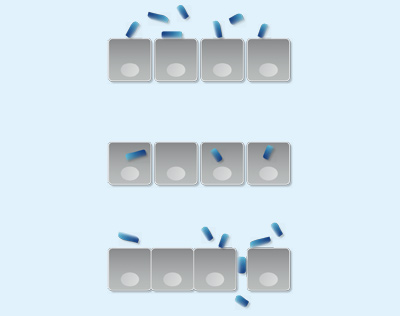
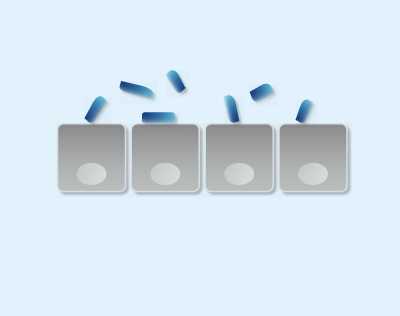
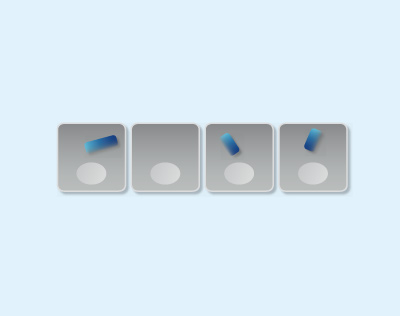

![Fig. 3: Temporal course of a respiratory tract infection. According to [12].](media/abb03.jpg)
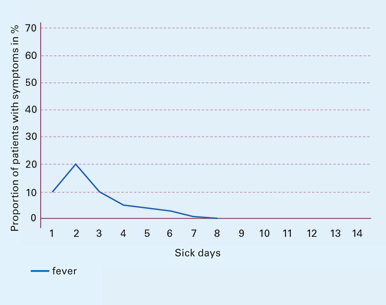
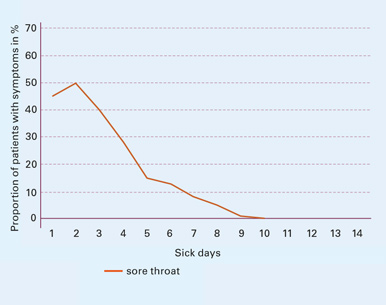
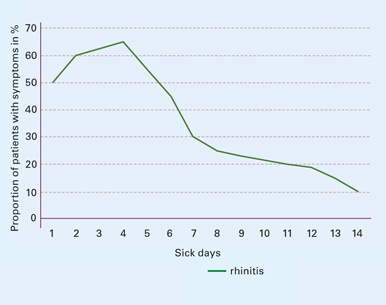
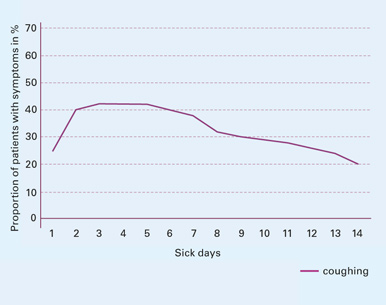

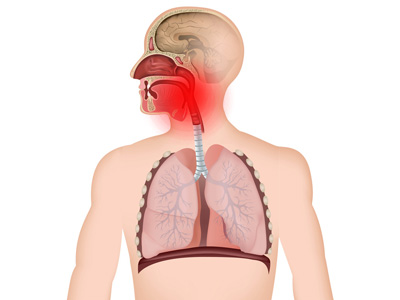








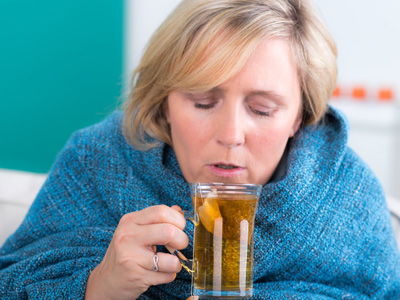

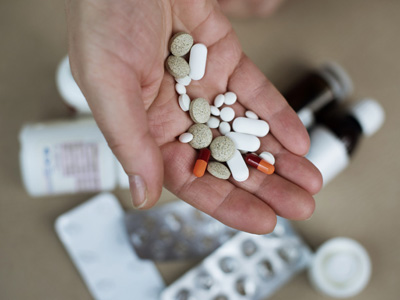
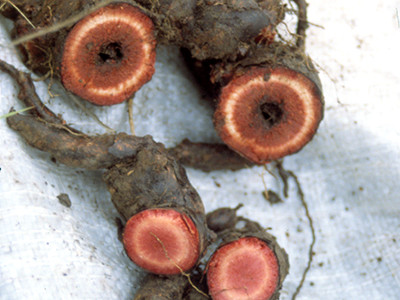
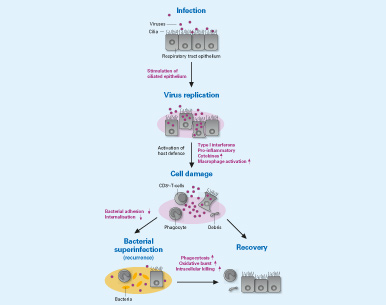
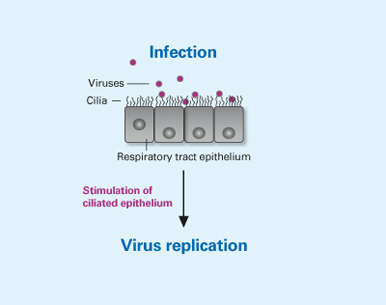
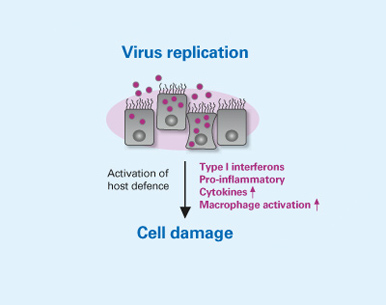
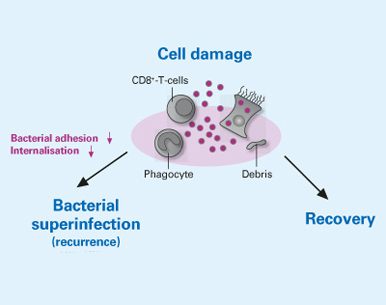
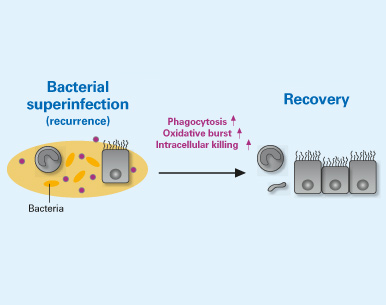
![Fig. 6: Changes in Bronchitis Severity Score (a, acc. to [56]) and ability to work on day 7 (b, acc. to [55]) with EPs<sup>®</sup> 7630 versus placebo.](media/abb06a.jpg)
![Fig. 6: Changes in Bronchitis Severity Score (a, acc. to [56]) and ability to work on day 7 (b, acc. to [55]) with EPs<sup>®</sup> 7630 versus placebo.](media/abb06b.jpg)
![Fig. 7: Changes in Bronchitis Severity Score (a) and responder rate (BSS <3 on day 7, b) with EPs<sup>®</sup> 7630 versus placebo. According to [58].](media/abb07a.jpg)
![Fig. 7: Changes in Bronchitis Severity Score (a) and responder rate (BSS <3 on day 7, b) with EPs<sup>®</sup> 7630 versus placebo. According to [58].](media/abb07b.jpg)
![Fig. 8: Changes in Sinusitis Severity Score with EPs<sup>®</sup> 7630 versus placebo. According to [62].](media/abb08.jpg)
![Fig. 9: Decrease in tonsillitis symptoms with EPs<sup>®</sup> 7630. According to [64].](media/abb09.jpg)

![Fig. 10: EPs<sup>®</sup> 7630 has shown very good/good tolerability in ~98% of patients. According to [56, 64]](media/abb10.jpg)
